
OR
Disability rights
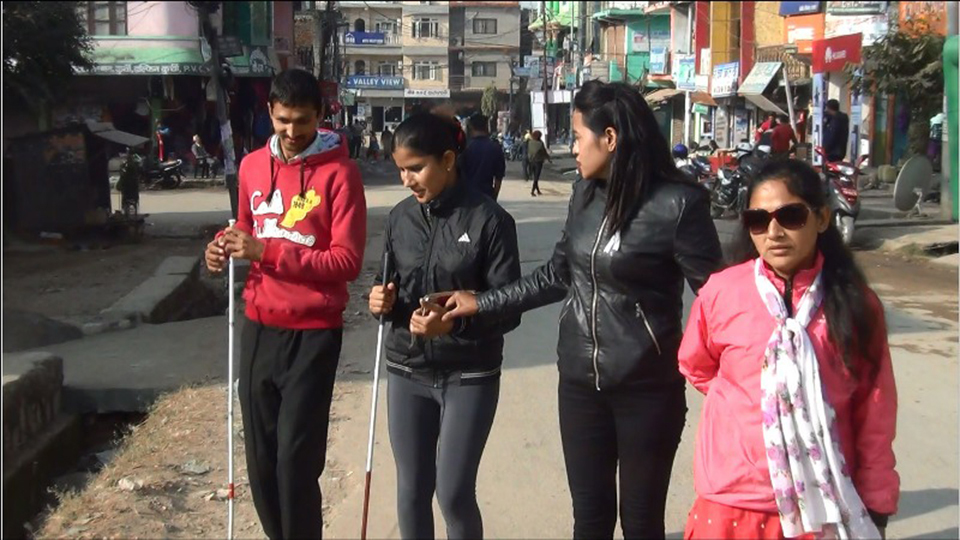
More from Author
Placing persons with disabilities under guardianship is a violation of human rights, it is unfair and unnecessary.
Persons with disabilities are entitled to vote if they are not deprived of legal capacity. But they face a number of obstacles during the voting process. Often there are no measures to ensure that they get to vote.
For example, there are reports of misuse of votes of persons with intellectual and psychosocial disabilities, visually impaired, and wheelchair users in most recently held provincial and federal parliament elections. In some cases, their votes are found to have been misused by their own relatives. Political parties have yet to campaign or provide policy information on mental disability people; including their citizenship rights, improving the education system, and regulation of the welfare.
Problems remain
Admittedly, situation of persons with disabilities in developing countries like Nepal has improved in recent years. But some problems still remain. A wide range of barriers prevent people with intellectual disabilities to exercise their legal rights on an equal basis with others. Most prominent ones are those created by plenary and partial guardianship laws. This means the deprivation of legal capacity and guardianship still exists in Nepal, which shows that our legislation is not yet in line with the provisions of Convention on the Rights of Persons with Disabilities (CRPD), as well as with international and national anti-discrimination legislation.
Legal capacity is a person’s power to act within the framework of the legal system. Equal recognition before the law is a pre-requisite for the accomplishment of all rights. Failure to recognize persons with disabilities as persons who are able to exercise legal capacity has legal consequences, and this renders these individuals incapable of engaging in transactions or in a court process, which makes it impossible for them to file a suit and participate on equal footing with others. It denies them the right to vote, to get married, to have a job, to perform different actions related to property, engage in contracts for different purposes among others.
This, in turn, makes the people with disabilities unable to live an independent life since often persons deemed incapable of acting are placed in centers or hospitals on request of their guardians. Placing them automatically under guardianship means removal of the rights in practice—the inability to exercise fundamental rights.
Placing persons with disabilities under guardianship is now considered a violation of human rights because this is unfair and unnecessary action, as it presumes that the person is incapable in all areas of life. There are mechanisms that can equally provide for support and protection without restricting fundamental human rights. Instead of assuming that people with disabilities are lacking legal capacity due to the nature of a medical problem, the CRPD recognizes that everyone has the right to exercise legal capacity by virtue of their identity as a human person.
Placing a person under legal guardianship is an extreme measure that restricts rights, more than it prohibits or prevents the abuse of persons who are placed under the care of a guardian.
CRPD calls
The adoption of the Convention on the Rights of Persons with Disabilities (CRPD) is important in many ways, especially due to the paradigm shift in attitude towards people with disabilities. Persons with disabilities are viewed as subjects of rights, rather than as the ‘object of protection’ as was commonly understood.
Article 12 of CRPD provides that “state parties shall recognize that persons with disabilities enjoy legal capacity on an equal basis with others in all aspects of life.” Article 12 makes clear that people with disabilities, long denied the right to make even basic decisions about their lives, have the same right to make decisions about their personal lives, health care and property as any other citizen. For people with intellectual or psychosocial disabilities in particular, this Article is of paramount importance.
Self-empowerment and self-determination are fundamental calls of the disability rights movement. Centuries of confinement and separation, combined with scientific, ethical and legal justifications for their exclusion based on assumptions made about mental capacity, has naturalized the idea that people with intellectual or psychosocial disabilities especially are of a lesser moral status than other human beings. The legacy of long-term exclusion in laws, policies and practices in virtually every sector of society results in denial of equal legal status—whether this be denial of the right to vote, the right to make one’s own health care and reproductive choices, or the right to control one’s person and property.
Thus, the CRPD affirms that all persons enjoy the right of equal recognition before the law. Recognition of equality before the law is a principle of international law and the implementation of this principle is indispensable in the exercise and enjoyment of all human rights.
In countries like Nepal, the existing approaches towards persons with disabilities are entirely based on the medical model and on the paternalistic concept of guardianship. These should change.
The author is disability rights lawyer
dev_datta08@yahoo.com
You May Like This
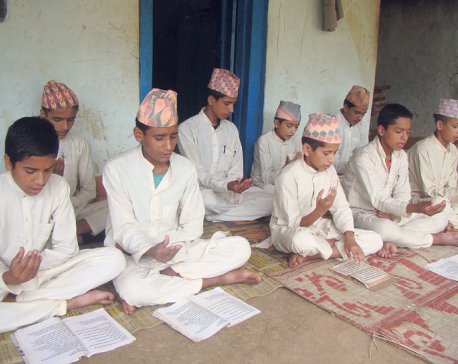
Breaking the barrier, Ilam school offers Sanskrit education to all
ILAM, July 5: Gone are the days when only Brahmins could read Sanskrit, only Janajatis could pursue Buddhist education and... Read More...
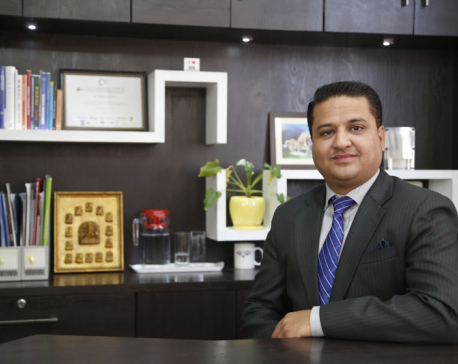
meroJob.com is breaking nepotism in Nepal
Shailendra Raj Giri is a known figure in the Nepali job market. He is the managing director of meroJob.com and... Read More...

The great barrier
The new trade integration strategy has acknowledged non-tariff measures as ‘serious bottleneck’ to boosting exports ... Read More...


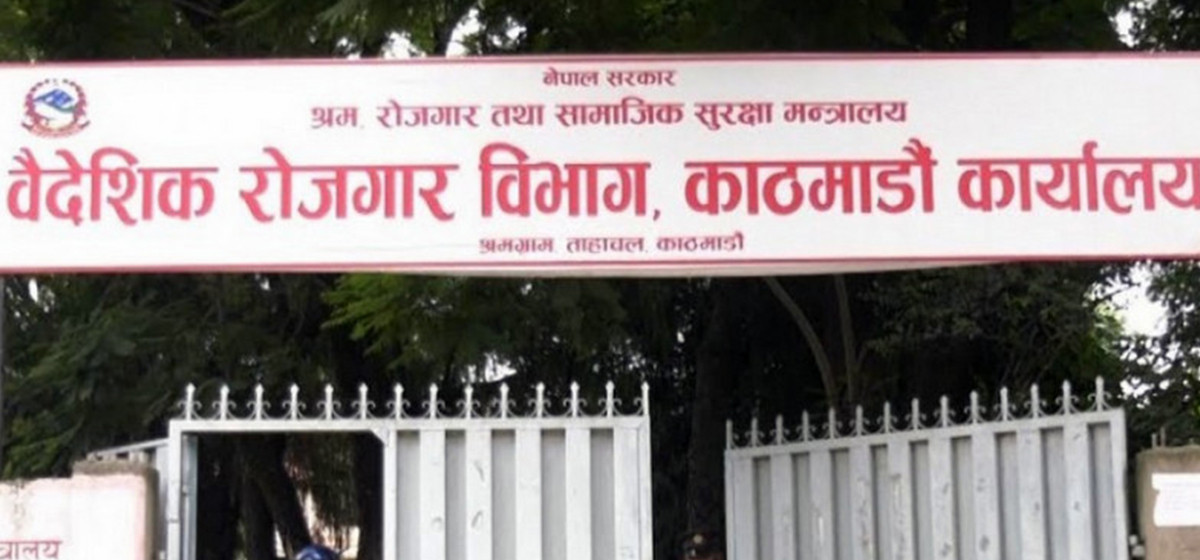
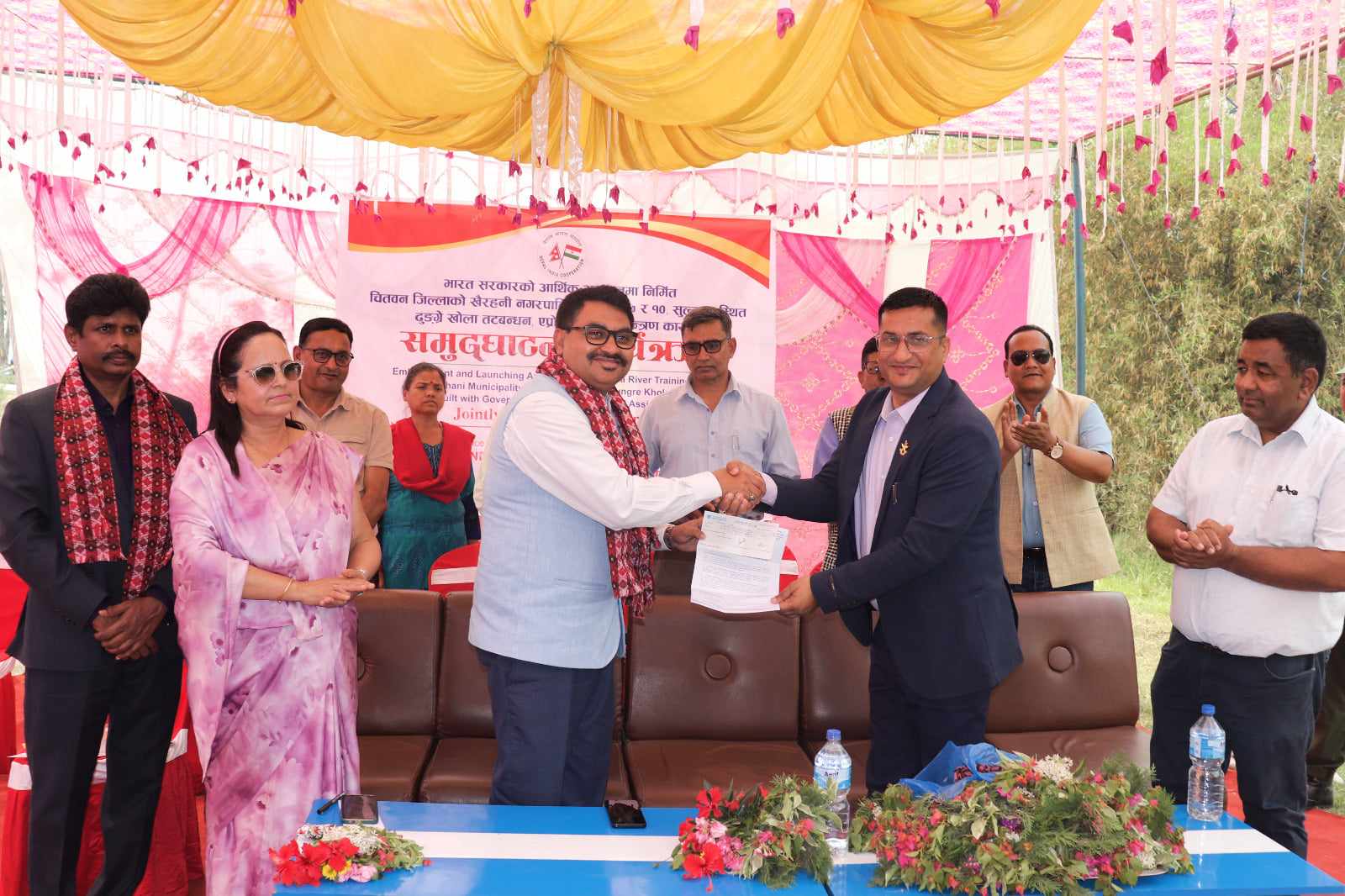
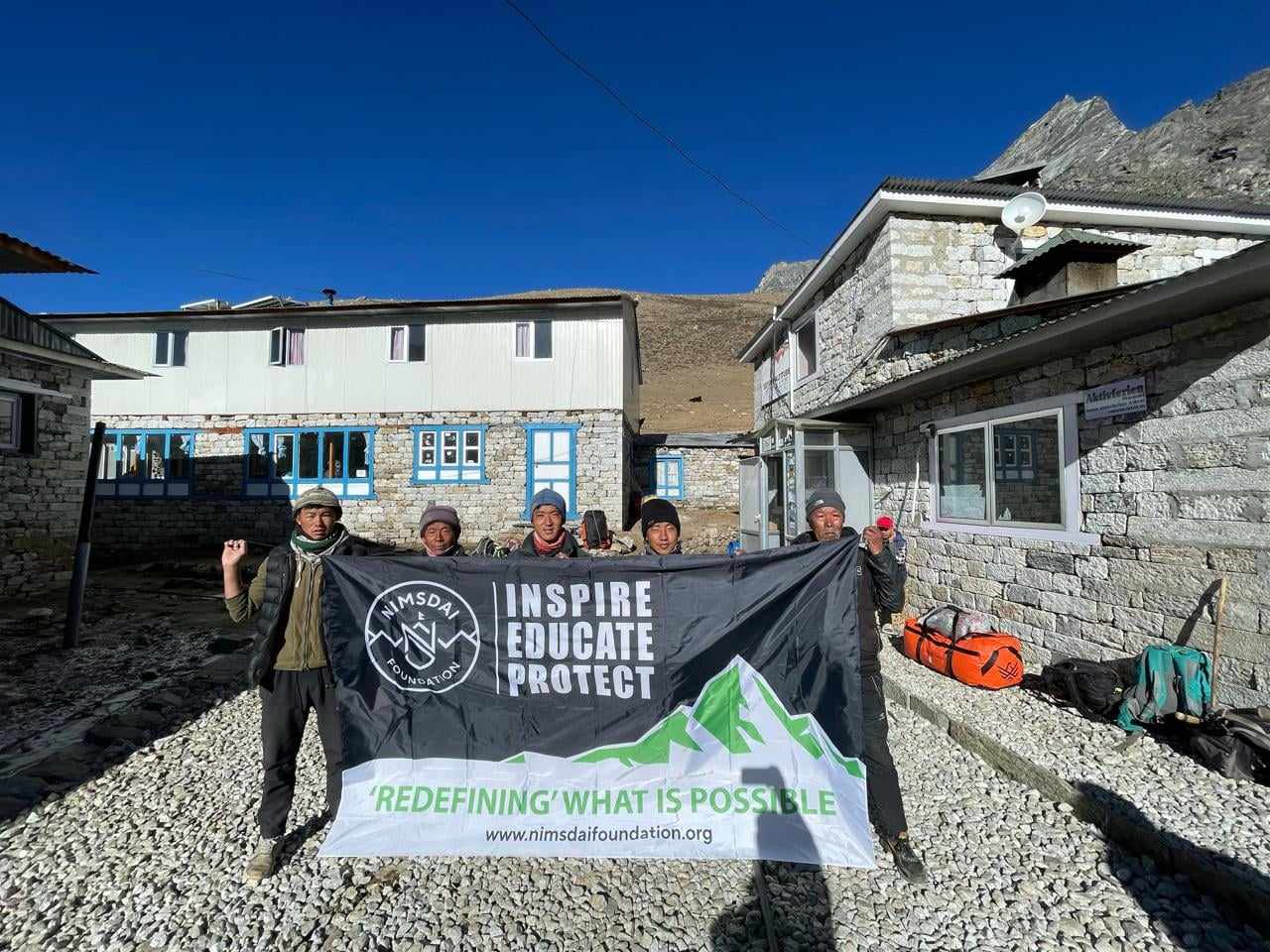
Just In
- DoFE requests relevant parties to provide essential facilities to foreign workers traveling abroad
- Foundation stone laid for building a school in Darchula with Indian financial assistance
- 151 projects to be showcased for FDI in Third Investment Summit
- Police disclose identity of seven individuals arrested with almost 2 kg gold and more than Rs 10 million in cash
- NIMSDAI Foundation collaborates with local govt for Lobuche Porter’s Accommodation Project
- Home Ministry directs recalling security personnel deployed for personal security against existing laws
- Fake Bhutanese refugee case: SC orders continued pre-trial detention for seven individuals including former DPM Rayamajhi
- ADB Vice-President Yang pays courtesy call on PM Dahal













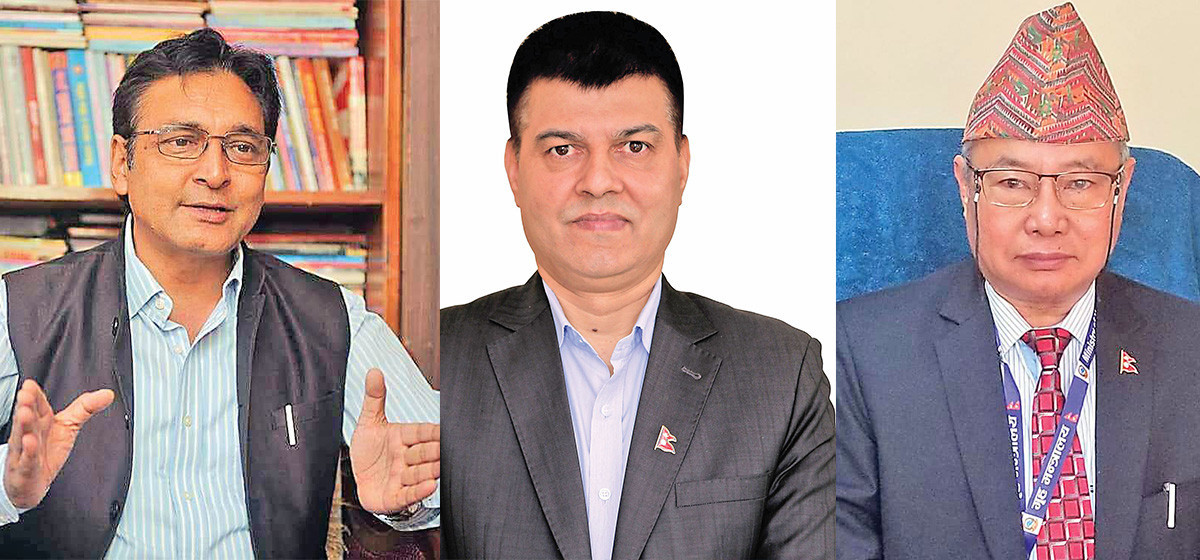
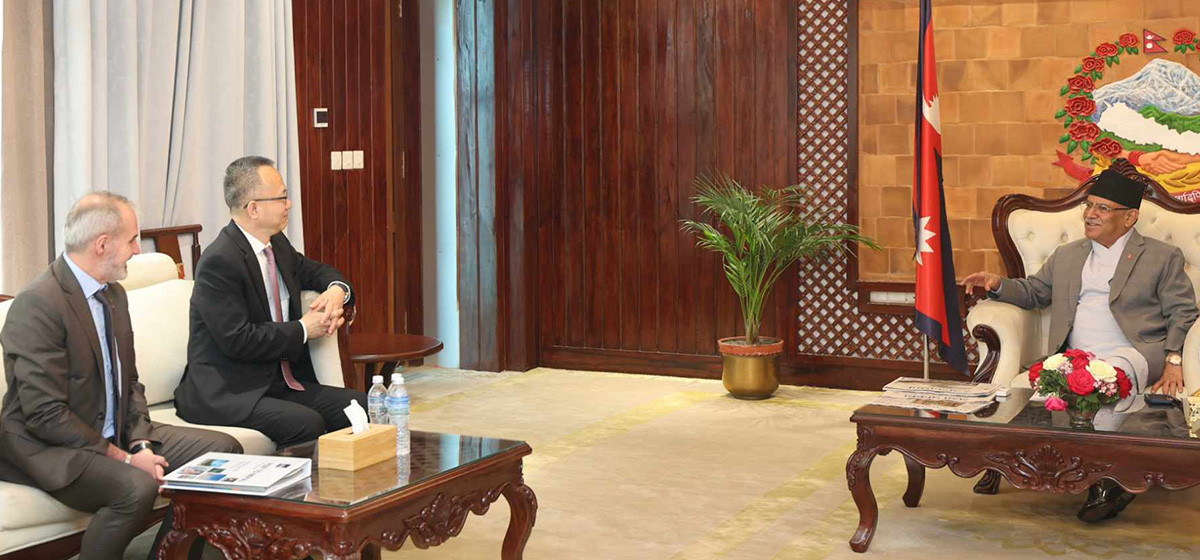
Leave A Comment